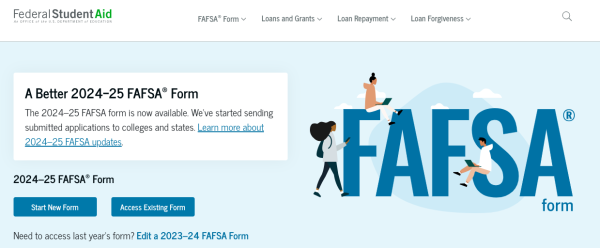Labor and supply chain challenges result in new parameters for catering
University funds will no longer be used to provide food for staff and departmental events, according to an Oct. 25 email to all faculty and staff from Tim Fennema, Calvin’s vice president for administration and finance. In addition, no catered food will be provided for student events, though student organizations may coordinate with advisors to utilize budgeted funds to bring in outside food. Instead, Creative Dining Services and Calvin will be focusing on student dining needs, recruiting events, donor events and meetings with external constituents.
“Our main food supply vendor is now operating at 60 percent of capacity when they normally have been over 95 percent,” Fennema’s email stated. “This is a result of labor, transportation, and supply chain challenges on their end. We (and the industry) continue to struggle to find adequate labor to enact on-campus services.”
These changes, which are expected to be temporary, are attributed to problems larger than Calvin, as other local colleges have had to take similar action as well.
“We are not alone in the endeavor: Davenport University, Hope College and Kalamazoo College have also instituted similar measures this year both due to both supply chain issues and managing expenses,” the email stated.
Scott Van Deraa is the director of hospitality operations for Calvin. Having worked many years in the hospitality industry, it was hard for Van Deraa to decide to provide fewer services.
“Our job is to provide service and that’s our goal,” Van Deraa said. “It’s really bothering my team to say ‘I’m sorry, I can’t do that right now.’”
Todd Kurtz, executive chef of dining services, echoed Van Deraa’s concern for this decrease of hospitality at Calvin.
“I’m hoping it’s temporary,” Kurtz said. “Saying no is not in our nature as hospitality providers.”
While both Van Deraa and Kurtz lamented the situation, Van Deraa asserted that the change is not irreversible. “It’s not a permanent discontinuation of the service; it’s a reflection of the situation we’re in with staffing and supply,” Van Deraa said.
According to Van Deraa, CDS typically employs between two and four full-time, front-of-the-house staff for catering — the people who set up, deliver and execute the catering — but right now, they only have one full-time employee in that role.
“It’s a lot for one person,” Van Deraa said.
Van Deraa estimates that there are 10 to 15 part-time staff made up of both Creative Dining and student employees, but even they are stretched too thin.
“We did it for as long as we could, but my team came to me and told me that if we keep going on like this we’re going to lose more people,” Van Deraa said.
Above all else, CDS wants to prioritize the well-being of their employees.
“We care deeply about our staff that we do have. Making sure that we take care of our existing staff means that we won’t continue to provide an existing service if it’s going to strain them. We want to make sure that they’re not getting burnt out,” Kurtz said.
While catering at Calvin may look different for now, there’s reason to hope the changes won’t last. “As we get staff we will add more, do more, get catering back. Our hope and goal is that so much of this is temporary,” Van Deraa said. In the meantime, Van Deraa is grateful for the support that dining services has received from Calvin students, staff and administration.
“Calvin has been amazing throughout the entire pandemic and still continues to be a supportive and understanding community as we continue to deal with short-staffing and supply chain issues,” Van Deraa said. “That’s the thing that helps me get up everyday.”





